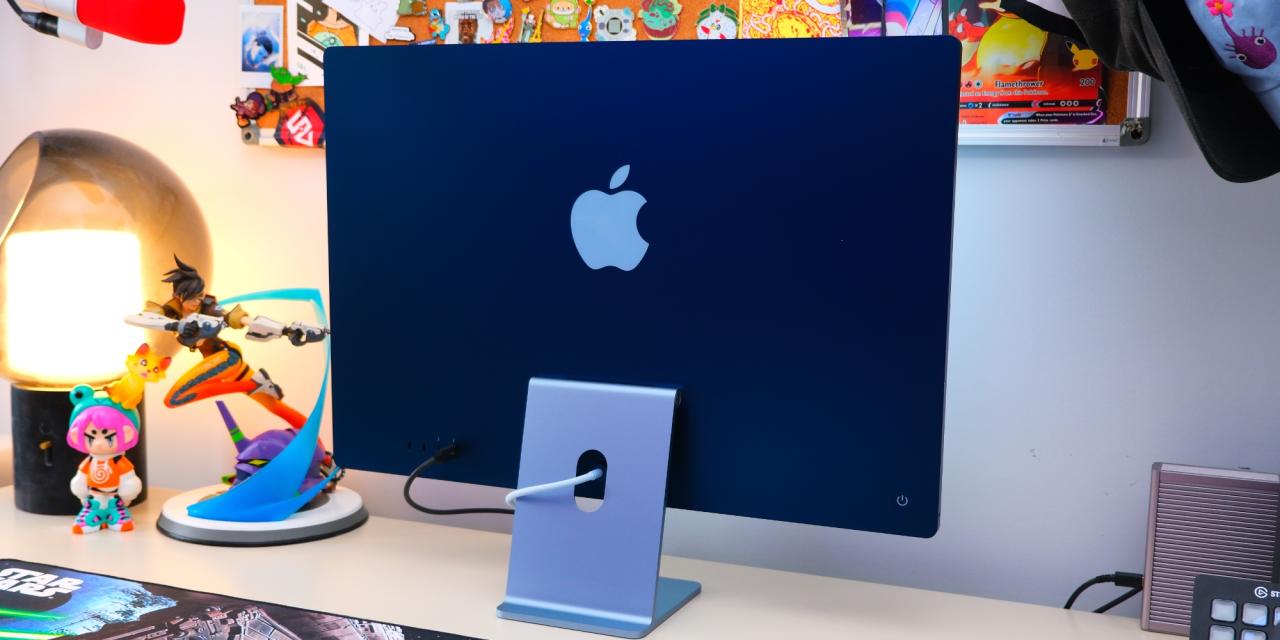iMacs are generally not considered the best fit for gaming experiences for several reasons:
Hardware Limitations: Although the performance of iMacs, especially the newer models with M-series chips, has significantly improved in recent years, their hardware configurations are not optimized for gaming. Games usually require strong graphics processing capabilities, and while the integrated graphics of iMacs can handle some moderately demanding games, they might struggle with high-end games that require powerful graphics cards.
Game Compatibility: Most high-end games are developed first for the Windows operating system, with macOS-compatible versions possibly coming later. This means the number of games available for macOS is far less than for Windows, and their release might be delayed.
Difficulty in Upgrading: Compared to customizable and upgradeable gaming PCs, iMacs offer limited hardware upgrade options. Although you can increase RAM or swap storage devices, key components like graphics cards cannot be replaced, limiting their potential as gaming platforms.
Price Factor: Given its price, the iMac is considered a high-end productivity tool, particularly adept at handling tasks like graphic design, video editing, and music production. If gaming is the primary purpose, you can buy or build a gaming PC designed specifically for gaming at the same or a lower price, offering a better gaming experience.
However, if you prefer the macOS system and mainly play games that don’t require high-performance hardware support, or if you’re willing to use solutions like Boot Camp (a solution before Apple’s transition to its own chips) or cloud gaming services to play Windows platform games, an iMac can also be a decent choice. Furthermore, with the introduction of Apple Silicon, there is hope for improved gaming experiences on the macOS platform in the future.

